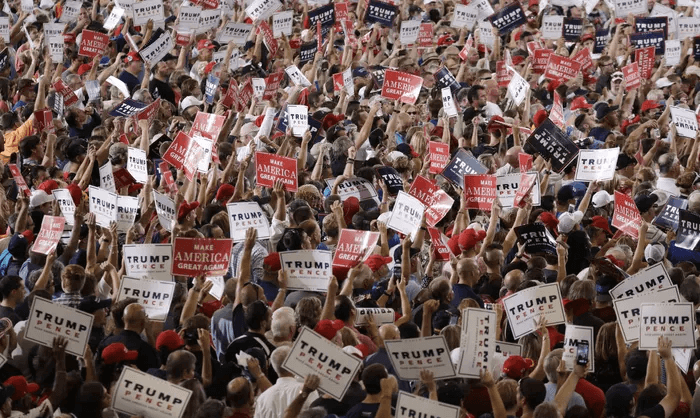Clifford Angell Bates, Jr., since 2002, has been a University Professor in the American Studies Center at Warsaw University in Warsaw, Poland. Since 2004, he has been an Instructor in the MA Diplomacy and International Relations program at Norwich University, Northfield, Vermont. Bates holds a Ph.D. in Political Science from Northern Illinois University. He is the author of Aristotle's Best Regime (LSU 2003), The Centrality of the Regime for Political Science (WUW 2016), and Notebook for Aristotle's Politics (Lulu, 2022).

